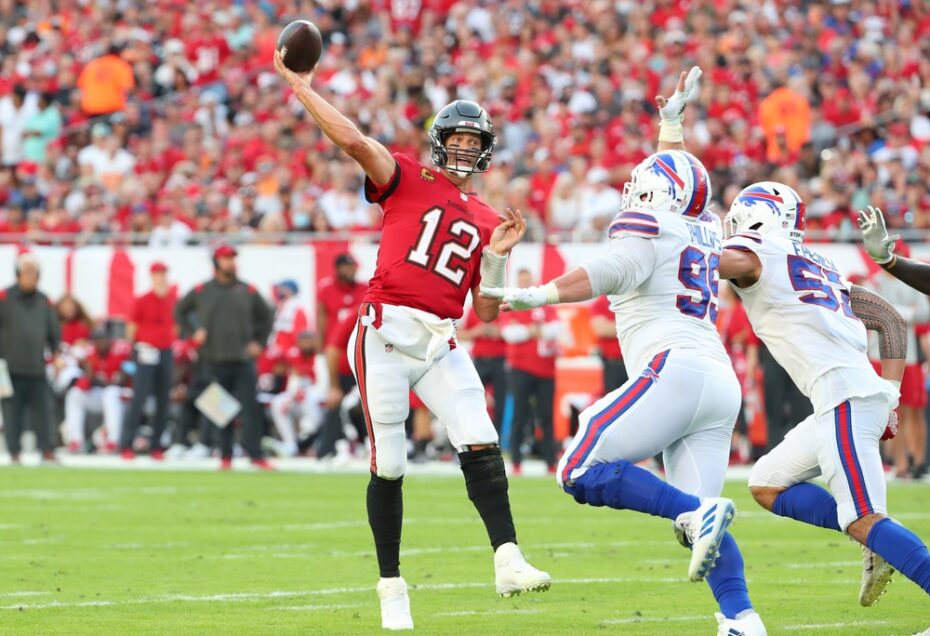Major Sports Losses Impact Stock Market Negatively, Research Shows

Research shows that major sports results, especially in soccer, negatively impact the stock market. The researchers believe major sports losses affect investors’ moods, which in turn influences the stock market.
The study, titled “Sports Sentiment and Stock Returns,” investigated “the stock market reaction to sudden changes in investor mood,” namely “the strong link between soccer outcomes and mood” of investors. The study was based on sporting events from the 1970s to the early 2000s in 39 countries.
“We find a significant market decline after soccer losses,” the authors of the study stated.
Losses in major international soccer tournaments have caused the stock market to decrease by about half of a percent on the following trading day.
“For example, a loss in the World Cup elimination stage leads to a next-day abnormal stock return of -49 basis points,” the study reads.
“This loss effect is stronger in small stocks and in more important games, and is robust to methodological changes.”
“We also document that the effect is stronger in small stocks, which other studies find are disproportionately held by local
investors and more strongly affected by sentiment,” the authors wrote.
Researchers also discovered dips in the market following big losses in cricket, rugby, and basketball games, and while not as influential as soccer, these sports results were “still economically and statistically significant.”
The study found that while major sports losses caused a downtrend, victories in major sporting events did not cause an uptick in the market.
A 2018 study of how the Olympic Games affect the stock market found that when a country wins several medals, the national stock market activity decreases. However, “stock market returns appear to be largely unaffected.”
The study, which was conducted by academics at the University of East Anglia and Nottingham Trent University, stated that “the drop in trading is because investors, along with the whole population, are distracted.” Researchers added that the level of distraction increases when the country’s Olympic team excels and wins more medals.
Unlike the first study, researchers found “no significant link between success in Olympic Games and sentiment among investors,” adding that the “Games affect the attention of investors rather than their mood.”
Raphael Markellos, a professor in finance at UEA’s Norwich Business School and one of the study’s authors, noted, “We are not saying in our study that investor sentiment or mood is not important in sports or other large events. However, attention is the bottleneck, a prerequisite for shifts in the mood of investors, which itself is a necessary but not sufficient condition for financial impact. If investors are distracted by a sports loss, for example, the decline in their mood may not find its way into the stock market.”
The study examined four Summer Olympic Games: Sydney in 2000, Athens in 2004, Beijing in 2008, and London in 2012. The researchers compared eight major countries: U.S., U.K., France, Australia, Netherlands, Germany, South Korea, and Japan.